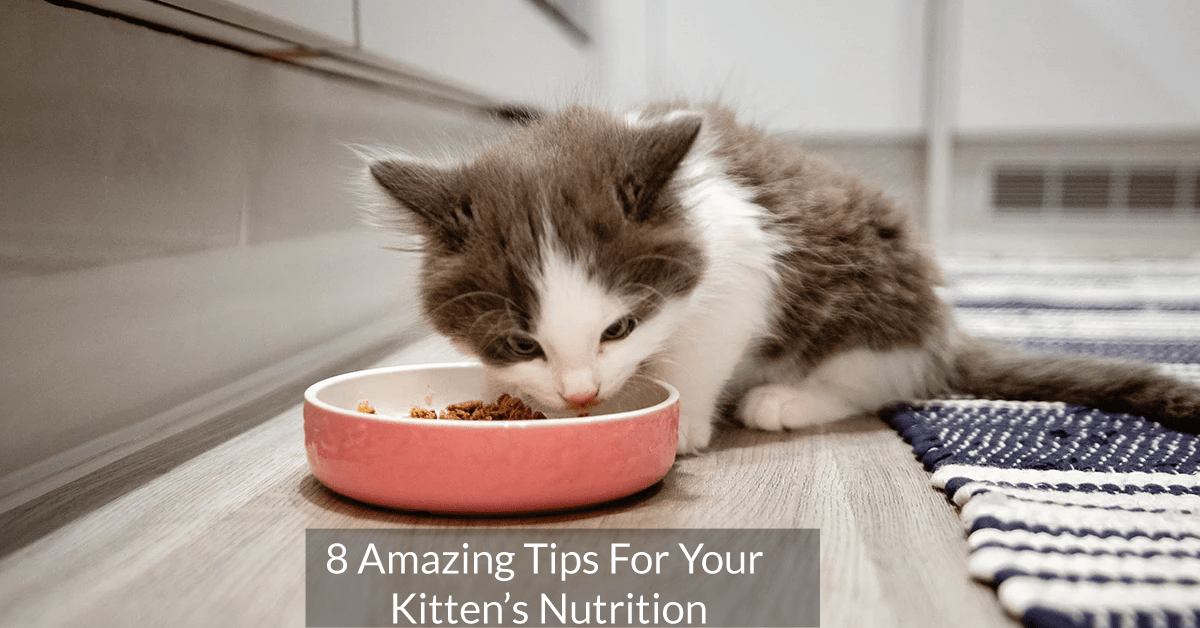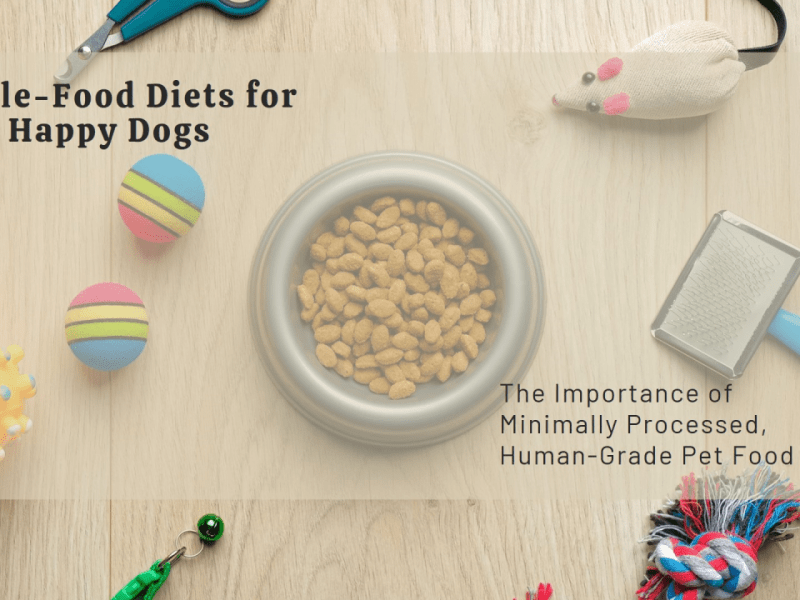Kitten’s nutrition and diet is an important factor in its growth and nourishment. Ensure your kitten’s kitten with 8 great tips!
Cats are adorable. But how adorable are the tiny kittens looking like a miniature that will almost fit your hand? Soft and delicate. As tiny as they look at birth, their weight increases two, sometimes even threefold during the early weeks. It is imperative to see to it that your kitten gets all the nutrition it needs during the early stages.
Things to remember about your kitten’s nutrition:
1. Introduce kitten (solid food) from four weeks
As your kitten reaches 4 weeks of age slowly introduce kitten food along with mother’s milk. Remember, complete weaning might take up to 8 months. Just as any other being, cat’s milk contains all the essential elements required for a kitten’s growth. It is important to see that the kitten food contains the right kind and amount of essential nutrients.
2. Protein-rich food:
Did you know? Kittens need almost the same amount of fats, fatty acids and vitamins as an adult cat. But to support the growth, there is a higher requirement for protein, amino acids, minerals and some vitamins as well. Check if a high protein source is in the ingredients. Make sure the diet is balanced. If you are not sure, Ask a vet for assistance.
3. Dry food:
Slowly introduce dry food weeks after the formula is introduced. Begin with wet food and try introducing dry food, maybe in a diluted or watered-down form. This will help the kitten get familiarized with both dry and wet meals. Remember the transition must be slow. A fast pace might not give enough time for the kitten’s body to adjust and cause irritation in the bowels or diarrhoea.
4. Multiple feeding sessions:
It is evident that kittens need ample nutrients and energy for their growth spurt. But your little kitten’s tiny stomach cannot accommodate all the food for energy in one meal. Split the feeding sessions and make it frequent, as to every 3 or 4 hours.
5. Plenty of water:
Make sure fresh and clear water is available for your kitten throughout and monitor it. Water intake is essential not just during the early age, but in the later stages too.
6. Monitor weight:
Observe your kitten’s food schedules, habits and even intake amounts. And check if your kitten is gaining weight as it grows. A decrease in weight might indicate any underlying problems in your kitten.
7. Transition to adult food:
A complete transition to adult cat food might take around 8 months. Slowly bring the multiple sessions to a halt and stick to a schedule for feeding your kitten, say two-three times a day. This change in eating habits might be harder for your kitten than we think, so it is suggested you spend more time with your kitten, making the blow softer.
8. Health:
As much as diet and nutrition are important to your kitten’s health, a good home filled with love is equally important. Make time to play with your fluffy friend and create a beautiful time together.
Remember these 8 important tips when you work your way towards your kitten’s health. Don’t forget to subscribe to our newsletter for more interesting reads on Kitten health and well being.



